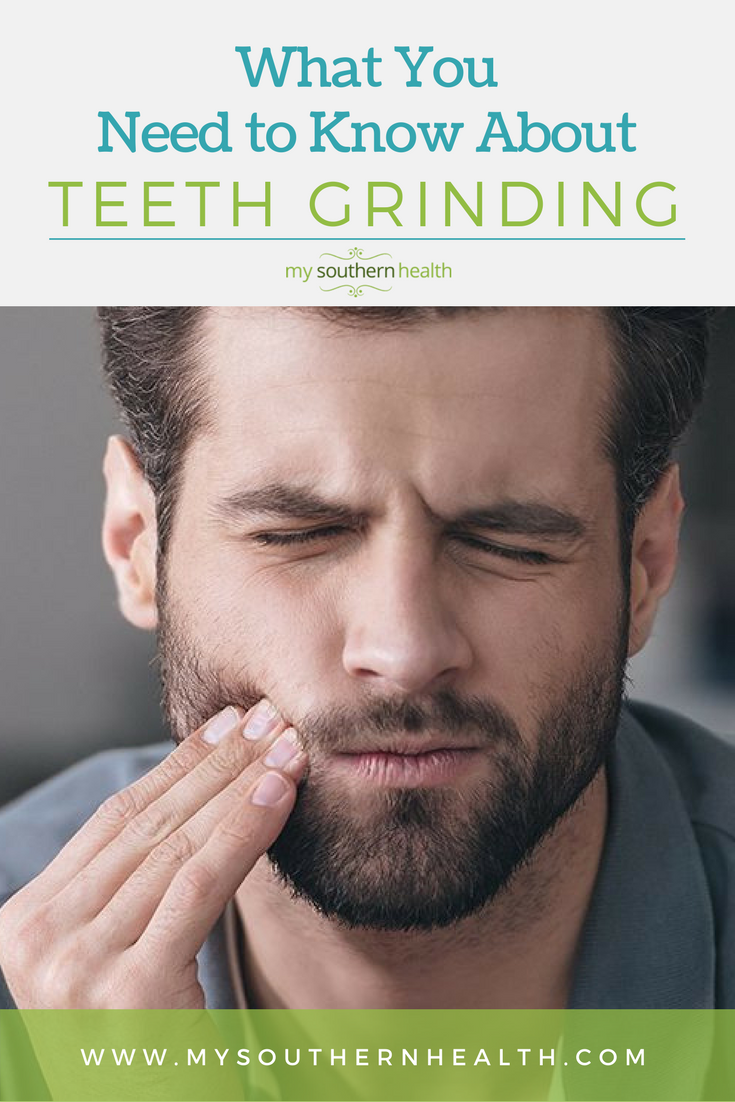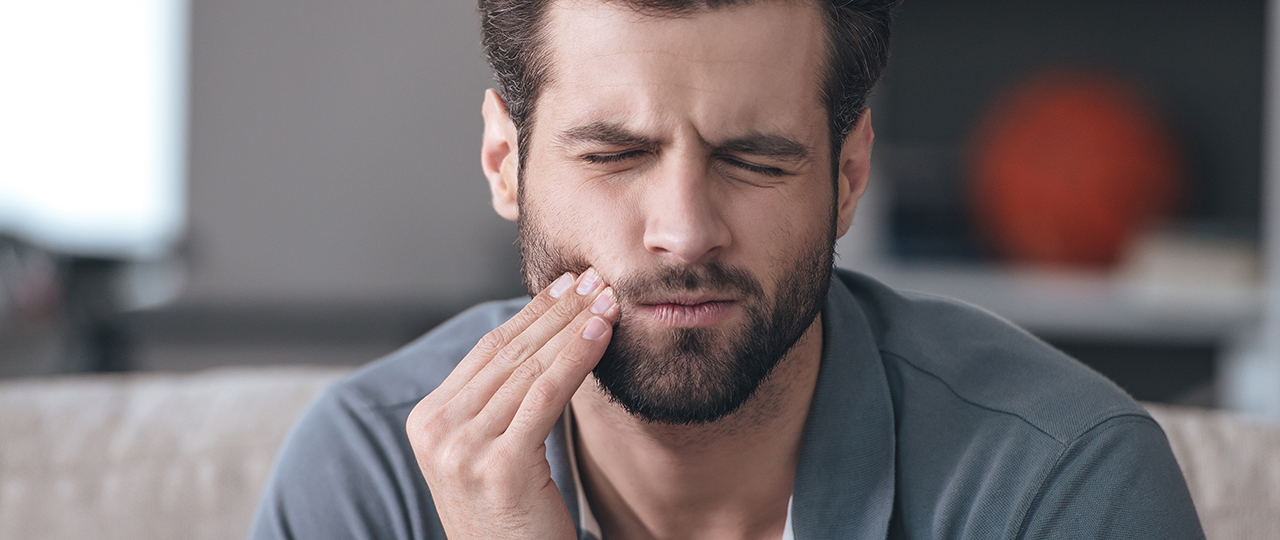Find out the causes, how to stop and get relief from the pain.
The daily grind can really do some damage. The American Dental Association says that grinding teeth can be caused by stress, anxiety, sleep disorders or for structural reasons, like missing or crooked teeth or an abnormal bite.
Continued teeth grinding can disrupt your life. To find out about both long-term and immediate solutions to discomfort, we asked Samuel McKenna, M.D., D.D.S., chairman of the Department of Oral and Maxillofacial Surgery, Orthodontics and Dentistry at Vanderbilt University Medical Center.
What are the symptoms and problems associated with grinding and teeth clenching?
In addition to eroding your teeth, jaw clenching and teeth grinding, known as bruxism, can cause earaches, headaches, sore jaw muscles, more stress and anxiety, and even more insomnia — creating a vicious cycle.
Are my sleep patterns to blame?
Although some people clench during the day, the most aggressive grinders do the dirty work in their sleep, McKenna said. “When studied in conjunction with sleep studies,” he explained, “many of the night clenchers are, in fact, light sleepers — spending an abnormal amount of time in stage I and II sleep.”
What can I do to improve my sleep and stop clenching and grinding?
McKenna’s first line of defense for nighttime clenchers is a low-dose bedtime tricyclic antidepressant. He opts for this even before going the route of a mouth guard. “Very small doses can favorably affect sleep architecture and decrease clenching,” he said. “It is especially helpful in those clenchers who complain of light, disruptive sleep. It is safe, not habituating and very inexpensive.”
Other options include a properly adjusted oral appliance or Botox injections in the chewing muscles.
What can I do to ease my current pain while I figure out a long-term solution with my dentist or doctor?
Ask your doctor for a non-steroidal, anti-inflammatory medication, if necessary, to relieve pain of the temporalis tendon, which is part of your chewing muscles. Using moist heat can also provide immediate relief. “Most importantly, though,” McKenna said, “it is best to try to control the bruxism, not just treat the symptoms.”


If you have oral pain or an emergency, Vanderbilt Dentistry will make every attempt to see you the same day. Call 615-322-2193 to make an appointment.

